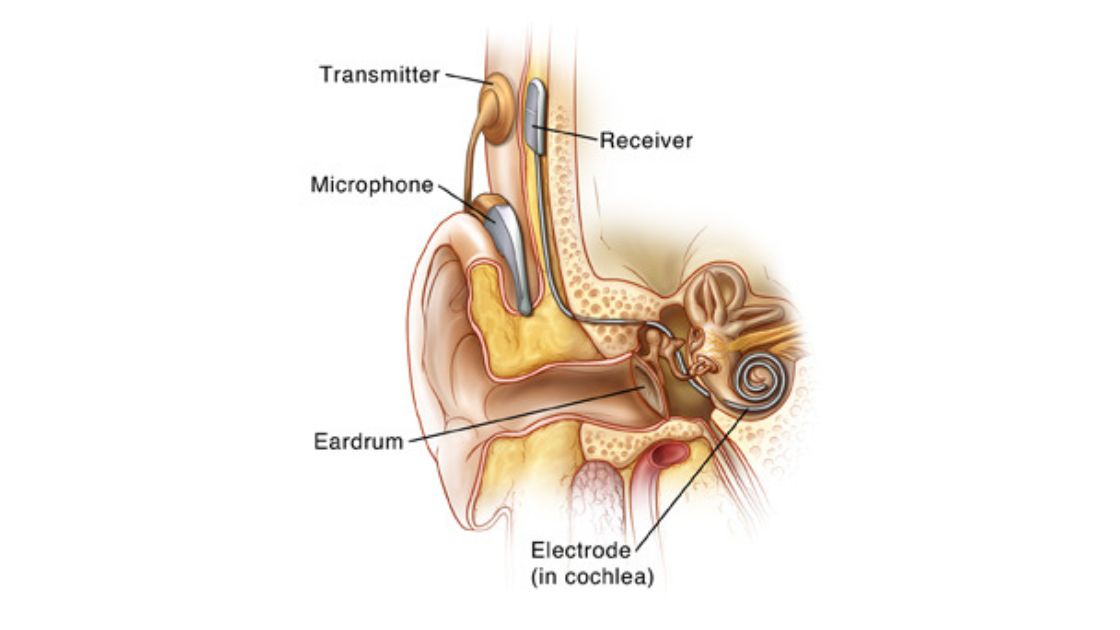Cochlear implants have transformed the lives of many, offering unparalleled benefits in terms of hearing and communication. However, as with any medical procedure, it's essential to weigh these benefits against the potential risks and considerations. This holistic view ensures that individuals make informed decisions tailored to their unique situations.
Advantages of Cochlear Implants
The primary benefit of cochlear implants lies in their ability to provide a sense of sound to individuals with severe to profound sensorineural hearing loss, for whom traditional hearing aids offer limited help. Here are some of the key advantages:
- Improved Speech Understanding: Cochlear implants often result in significant improvements in the ability to understand speech, even in noisy environments. This enhancement is crucial for effective communication and can dramatically improve quality of life.
- Access to a Wider Range of Sounds: Recipients can experience sounds they may not have heard before or haven't heard for a long time, including music, nature sounds, and the nuances of different voices.
- Increased Independence: With better hearing, individuals can feel more confident in social situations, workplaces, and public settings, leading to increased independence and participation.
- Educational and Professional Opportunities: Children and adults with cochlear implants may find it easier to engage in educational activities, pursue career goals, and achieve academic and professional success.
Considerations and Potential Risks
While cochlear implants offer numerous benefits, there are also considerations and potential risks to bear in mind:
- Surgical Risks: As with any surgery, there's a risk of complications, though serious complications are rare. Potential risks include infection, nerve damage, and issues related to anesthesia.
- Adjustment Period: Adapting to a cochlear implant can take time. Sounds may initially seem unusual or artificial, requiring a period of adjustment and auditory training.
- Maintenance and Care: Cochlear implants require ongoing maintenance, including regular check-ups and adjustments. The external components must be cared for properly to ensure optimal performance.
- Financial Considerations: The cost of cochlear implantation, including the surgery, device, and rehabilitation, can be significant. While insurance may cover some of the cost, financial planning is crucial for many families.
Making an Informed Decision
Deciding to proceed with cochlear implantation is a deeply personal decision that should be made after careful consideration of the benefits and potential challenges. Consulting with healthcare professionals, connecting with cochlear implant recipients, and considering personal lifestyle and goals are all essential steps in making an informed choice.
Advances and Future Directions
The field of cochlear implants is one marked by rapid advancements and an ever-evolving understanding of how we can enhance the human experience of sound. These developments not only promise to improve the efficacy of existing implants but also to expand the possibilities for those considering this life-changing technology.
Ongoing Clinical Trials and Research
The pursuit of excellence in cochlear implant technology is ceaseless, with clinical trials and research efforts focused on every aspect of the experience. From refining the clarity of sound to minimizing surgical invasiveness, researchers are dedicated to advancing the science of hearing restoration. Innovations in signal processing and electrode design aim to provide users with more naturalistic hearing experiences, potentially enabling a greater appreciation of music and complex auditory environments.
Unilateral Cochlear Implants and Their Benefits
In 2019 the cochlear implant was FDA approved for treatment of unilateral hearing loss and asymmetrical hearing loss. This expanded indication for Cochlear Implants opens an additional option for this patient population. This is an area that has been researched extensively. The potential benefits of unilateral cochlear implants include improved localization, and improved hearing in quiet and in noise. The benefit of a cochlear implant over other current treatments for SSD is a direct result of treating the profound hearing loss ear.
Bilateral Cochlear Implants and Their Benefits
A significant area of development is the use of bilateral cochlear implants, where implants are placed in both ears. This approach has shown promise in enhancing spatial hearing abilities, improving the ability to localize sound, and facilitating better understanding in noisy environments. The synchronization of auditory input from both ears offers a more balanced and effective hearing experience, closely mimicking natural binaural hearing.
Looking to the Future
As we look to the future, the potential for integrating smart technology with cochlear implants opens new avenues for user interaction and personalization. Developments in artificial intelligence could lead to implants that adapt in real-time to the acoustic environment, optimizing the listening experience for each user. Moreover, the exploration of gene therapy and regenerative medicine offers hope for even more fundamental solutions to hearing loss.



